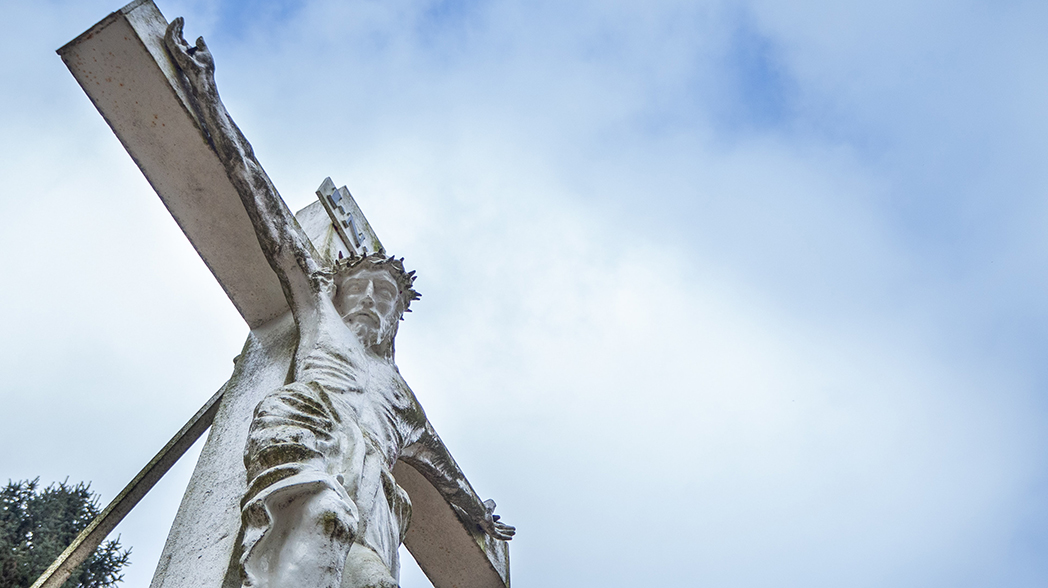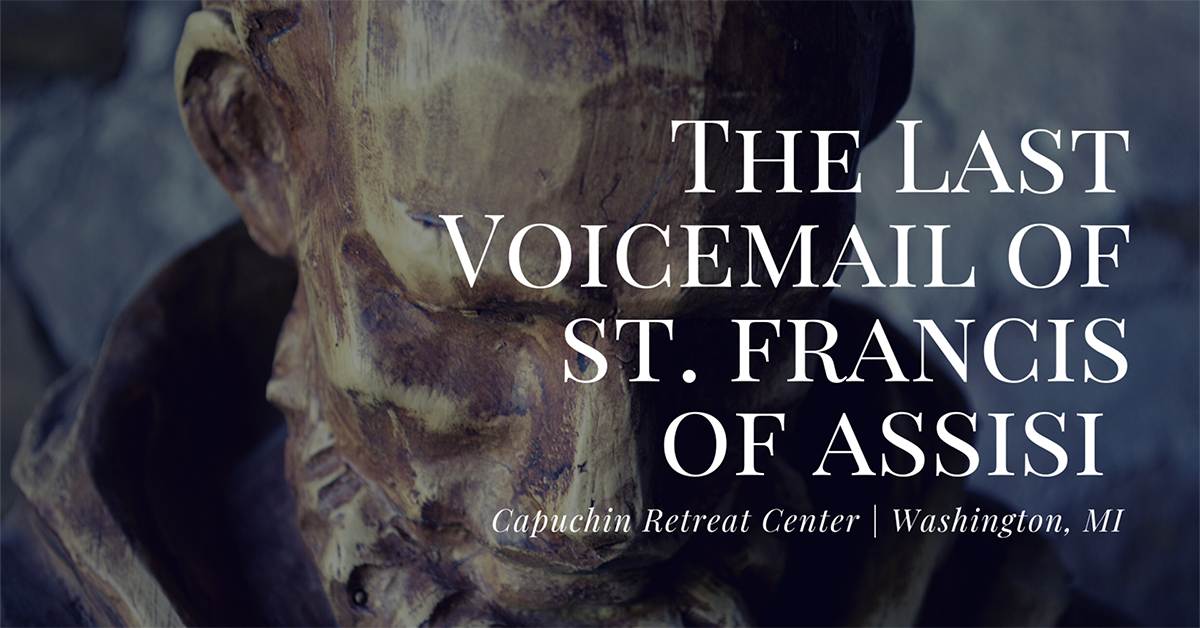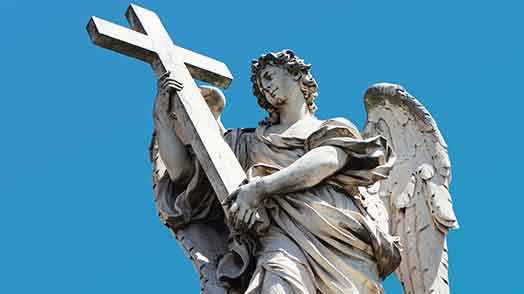By Fr. Tom Zelinski, OFM Cap.
We are early in the Easter Season. With Easter and Resurrection, our thoughts turn to life. In the northern hemisphere we also experience the convergence of Easter with spring, and so we welcome the signs of new life in nature.
Another word prominent at Easter is “peace.” We have the stories in the Gospel where Jesus appears suddenly among the disciples who are gathered in fear behind locked doors. They are afraid that what happened to Jesus might happen to them. The future is very uncertain. Then, when Jesus appears, they remain fearful of what he might say to them. Most of them deserted Jesus at his time of arrest and trial and execution.
But what does he offer? “Peace be with you,” he says. “Why are you troubled? I am not a ghost. Look at my hands and feet. It is I myself.” The Christ of risen life is also the great messenger of peace. “Peace be with you” are among my favorite words in the Bible. We all want peace within. Some of us are more troubled than others. The wider world needs peace, especially these days when war is so much in the news.
It occurs to me that life and peace could be our focus for Easter Time. Many people choose Lenten practices. Why not choose a practice for Easter time? It might start with praying in a spirit of accepting the life Jesus offers at Easter — really believing in it — and then looking for signs of life in our ordinary experience, starting with nature. And it could be similar with peace: what are sources of peace in my life and how can I choose to be a peacemaker in daily life? Receiving and giving life and peace could be a worthwhile practice in the Easter Season.









